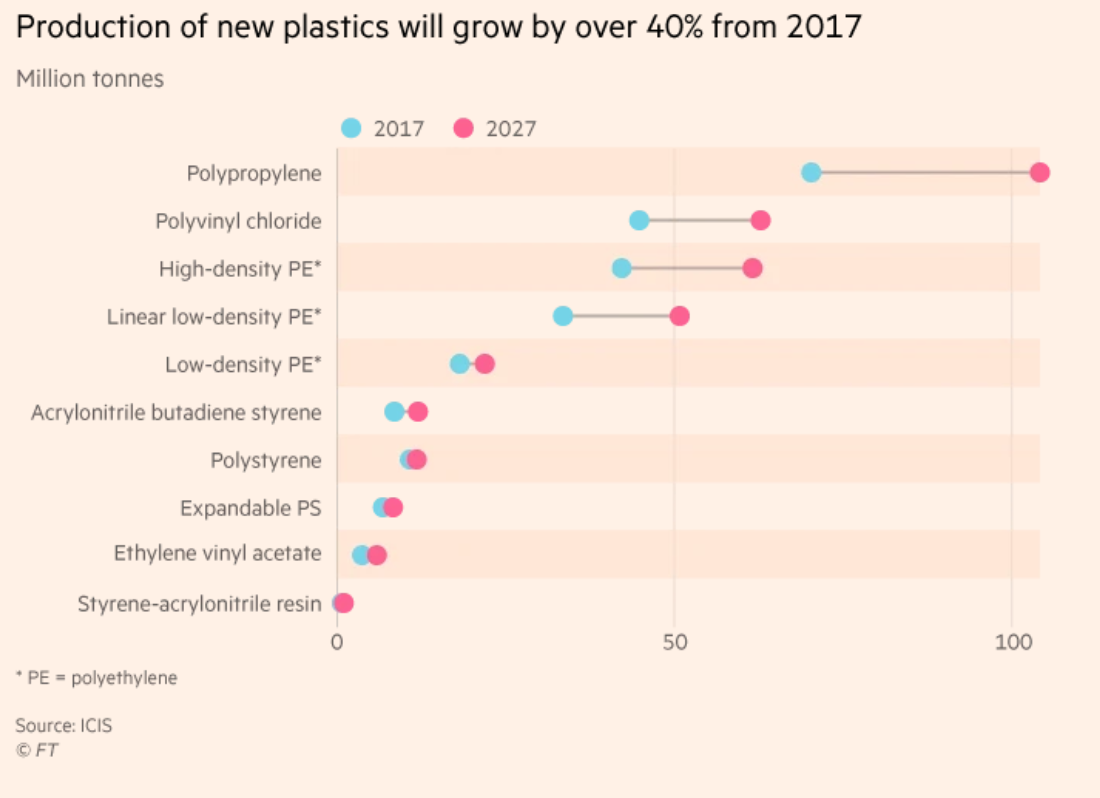Mullardman
Moderately extreme...
Glass uses huge amounts of energy to produce, but is relatively easy to re-cycle. It also uses no Carbon based raw materials in manufacture. .Also pretty innocuous in landfill, being non toxic and basically non bioactive. If dumped, even in the sea.. it just sits there.. being glass.
It can be used in many applications, other than containers and windows.
Aluminium is also energy costly to extract from its ores, but pretty simple to re-cycle.
As I understand it, plastics are largely a by product of the petro chemical industry. As we reduce dependence on oil, I'd assume we'd have less plastic available, and treat it with a bit more reverence, in applications where it is truly useful..as opposed to cheap and convenient.
But then. I'm an optimist..
It can be used in many applications, other than containers and windows.
Aluminium is also energy costly to extract from its ores, but pretty simple to re-cycle.
As I understand it, plastics are largely a by product of the petro chemical industry. As we reduce dependence on oil, I'd assume we'd have less plastic available, and treat it with a bit more reverence, in applications where it is truly useful..as opposed to cheap and convenient.
But then. I'm an optimist..


